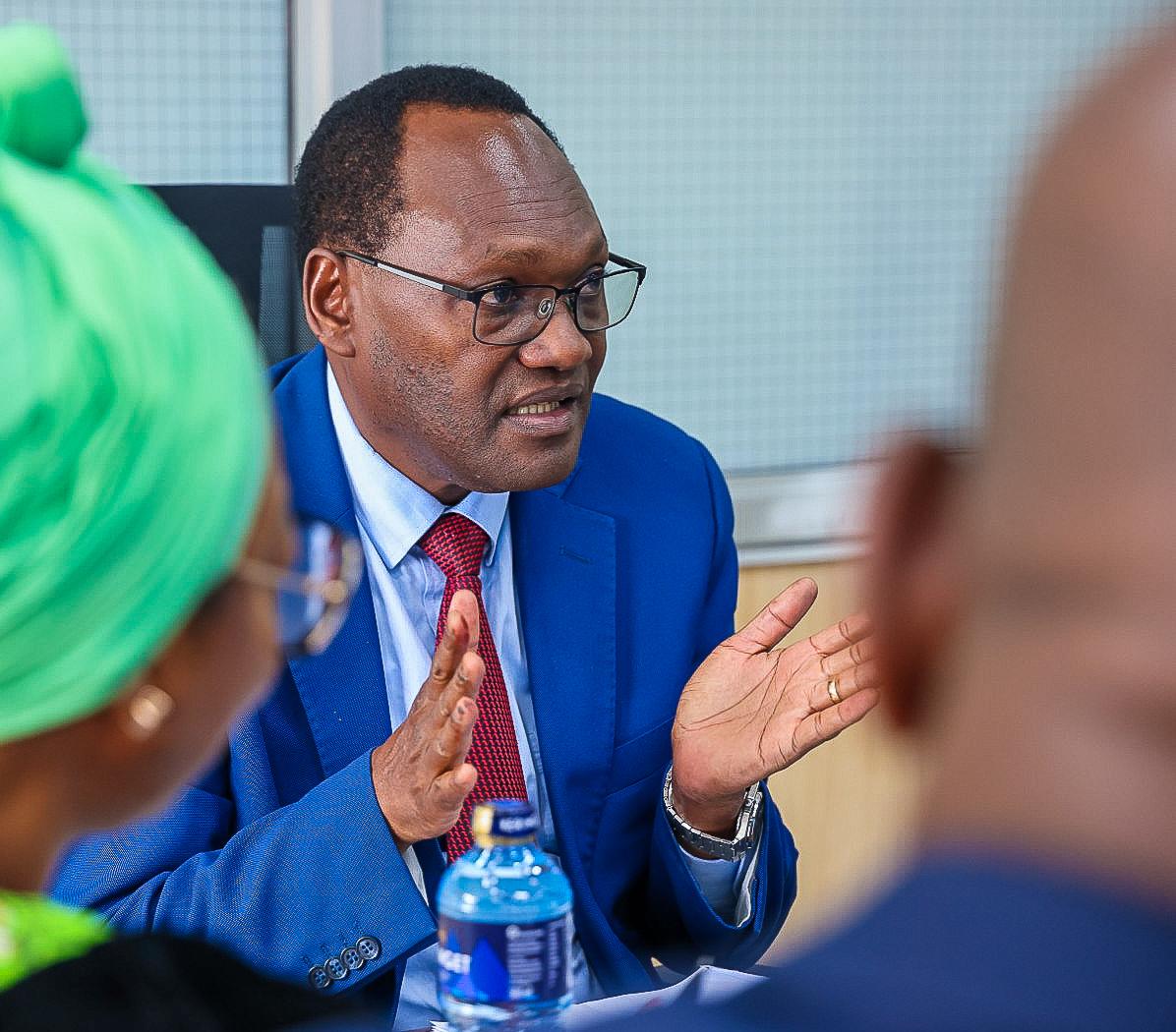

The National Treasury has disbursed Sh34 billion to build
climate resilience, food security, and empower the rural economy.
The initiative is being implemented across ten counties spanning the Cherangany Hills and Mau West water towers: Elgeyo Marakwet, West Pokot, Trans Nzoia, Uasin Gishu, Nandi, Kakamega, Kericho, Kisumu, Homa Bay, and Migori.
According to Chris Kiptoo, Principal Secretary, National Treasury and Economic Planning, the Integrated Natural Resources Management Programme (INReMP) represents a critical milestone in Kenya’s strategy to address the twin challenges of climate change and rural poverty.
“This programme is a testament to our collective commitment to safeguard natural ecosystems while empowering smallholder farmers and vulnerable communities to thrive in a changing climate,” Kiptoo said.
Targeting over two million rural Kenyans, the project directly benefits 407,176 vulnerable rural households through a three-pronged approach, with the remaining benefiting indirectly.
The initiative encompasses community-led natural resource management and climate action, as well as improved, inclusive, and sustainable rural livelihoods, and stronger institutional frameworks for resource governance and coordination.
It especially prioritises women, youth, and marginalised groups, ensuring that climate adaptation efforts are inclusive and equitable.
The state is collaborating with the International Fund for Agricultural Development (IFAD), the Green Climate Fund (GCF), and the Global Environment Facility (GEF).
In a major boost to the programme’s ambitions, the government welcomed news of a potential Sh325 million ($2.5 million) co-financing grant from the Bill & Melinda Gates Foundation, under the Climate Smart Agribusiness Partnerships for Resilience (CSAPR) initiative.
This funding will be directed toward enhancing climate information systems in agricultural value chains, enabling farmers and agri-MSMEs to access accurate, timely data that informs production and market decisions, reduces risk, and improves profitability.
As global challenges escalate, Kenya is positioning INReMP as a model for integrated, multi-sectoral climate action, leveraging local knowledge, national coordination, and international finance.
“This initiative is not just about responding to climate change; it's about reshaping rural development to be inclusive, sustainable, and future-ready.”
According to Science Direct, Kenya ranks 152nd out of 181 countries in terms of climate change resilience.
Africa, which is home to 32 of the world's 48 least developed countries, many of which are landlocked, is particularly vulnerable to climate change.
The continent has suffered considerable losses, particularly in agriculture, which sustains the vast majority of the population.
Heat waves, torrential rains, floods, and prolonged droughts are wreaking havoc on communities, placing an increasing number of people at risk.
Agricultural productivity in the continent has dropped by 34 per cent since 1961 as a result of climate change, a decline that is higher than any recorded in other parts of the globe.
Experts warn that by 2050, Africa will only be able to meet 13 per cent of its food demands under the present climatic projections.
Consequently, African nations are likely to lose up to 16 per cent of their GDP due to malnutrition.














